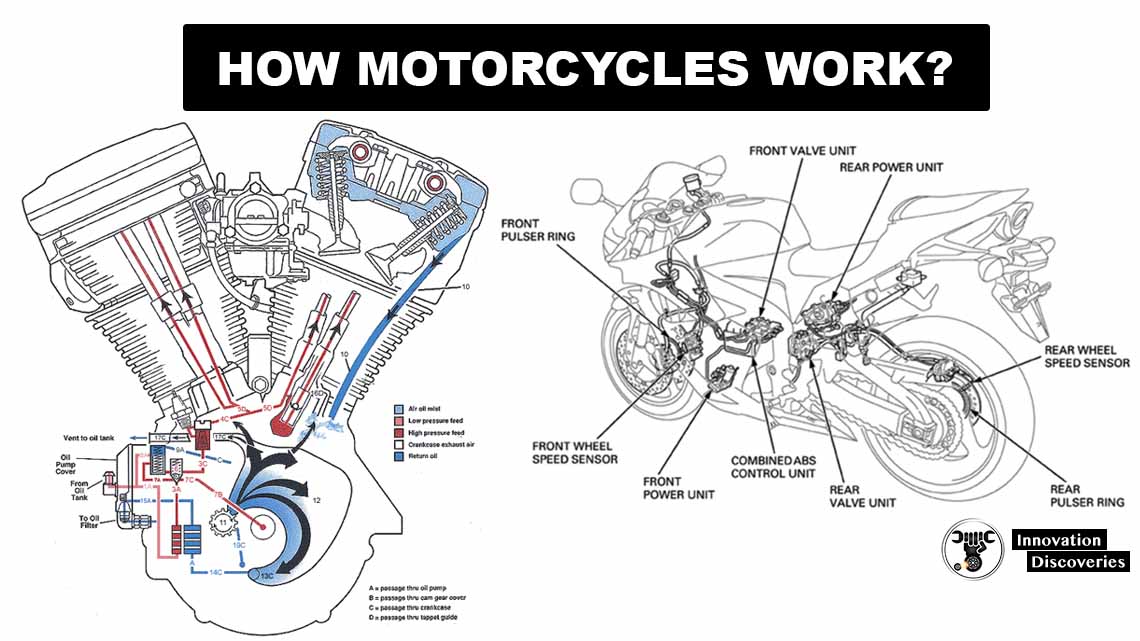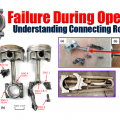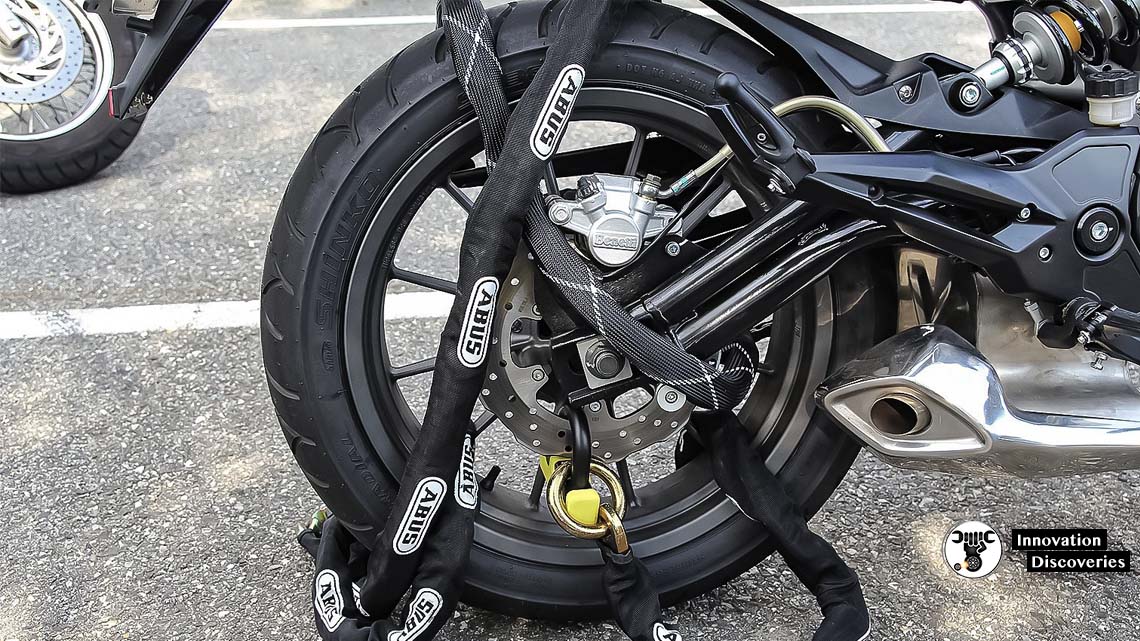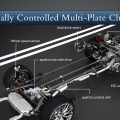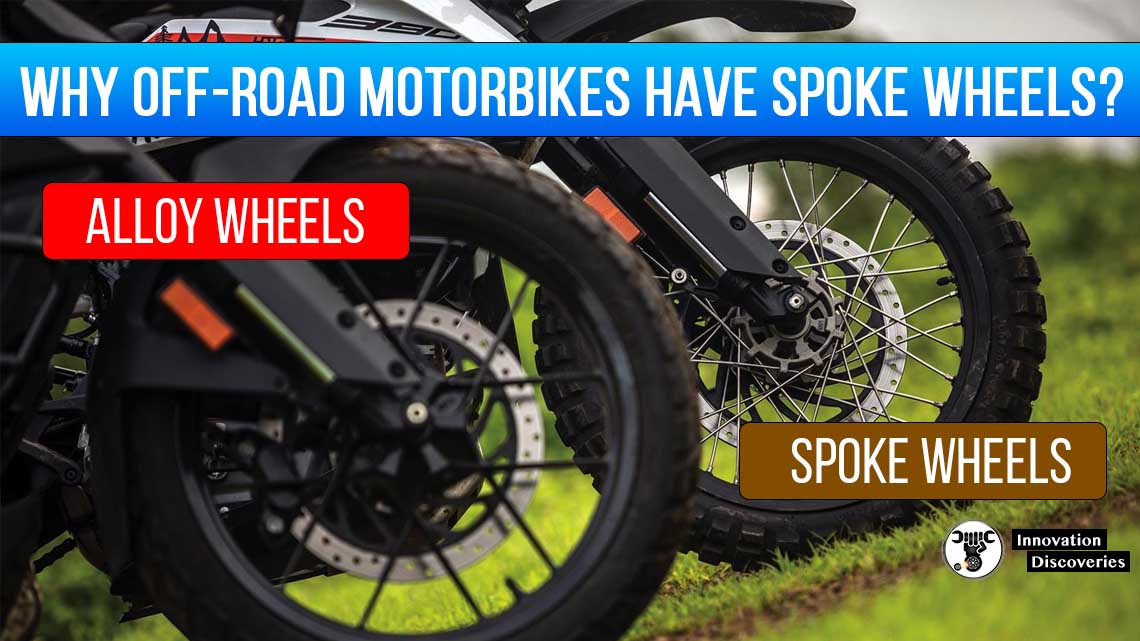
You might have seen most of the adventure motorbike uses spoke wheels instead of alloy wheels. We will discuss the reason in this article.
There are two types of wheels you’ll see with a modern motorcycle: wire-spoked wheels and alloy wheels. From first commercial motorcycles in the early-1900s up until about the late-’60s, wire-spoke wheels were majorly used.
Then we shifted to alloy wheels and nowadays a major portion of manufacturers are using alloy wheels. But still, you will see most of the bikes use spoked wheels.
They come under the category of Adventure Bikes such as Royal Enfield Himalayan, Triumph Tiger, Hero Xpulse, BMW R 1250 GS, etc.
Spoked wheels are all but mandatory on off-road bikes — dirt bikes, enduros, scramblers, and ADVS — for one simple reason: spoked wheels are more durable than single-piece cast wheels.
READ: HOW MOTORCYCLES WORK?
On the road, while riding around on your street bike, you (hopefully) don’t encounter large rocks or massive ruts — maybe the occasional pothole, but these are adventure bikes are made for rough terrains where alloy may bend.
Once alloy is bend it can’t regain its shape whereas spoked wheels can bend and flex to a certain degree letting you tackle the rougher terrain.
Also, these spokes increase the torsional strength of the wheel.
The number of times a spoke crosses other spokes on the same side increases torsional strength.
In short, adventure bikes are made for rough terrains wherein they require a wheel that can be ductile and this is fulfilled by spoke wheels.
The spokes of the spoke wheel take a major portion of shock and prevent the deformation of a wheel.
- MOTORCYCLE SECURITY AND ANTI-THEFT: WAYS TO SAVE YOUR BIKE
- COMPLETE NOTES ON NITROUS OXIDE SYSTEM (NOS)
- 7 FUEL-SAVING TIPS (YOU CAN START TODAY)
Visit Forum
Visit Our Friendly Website


